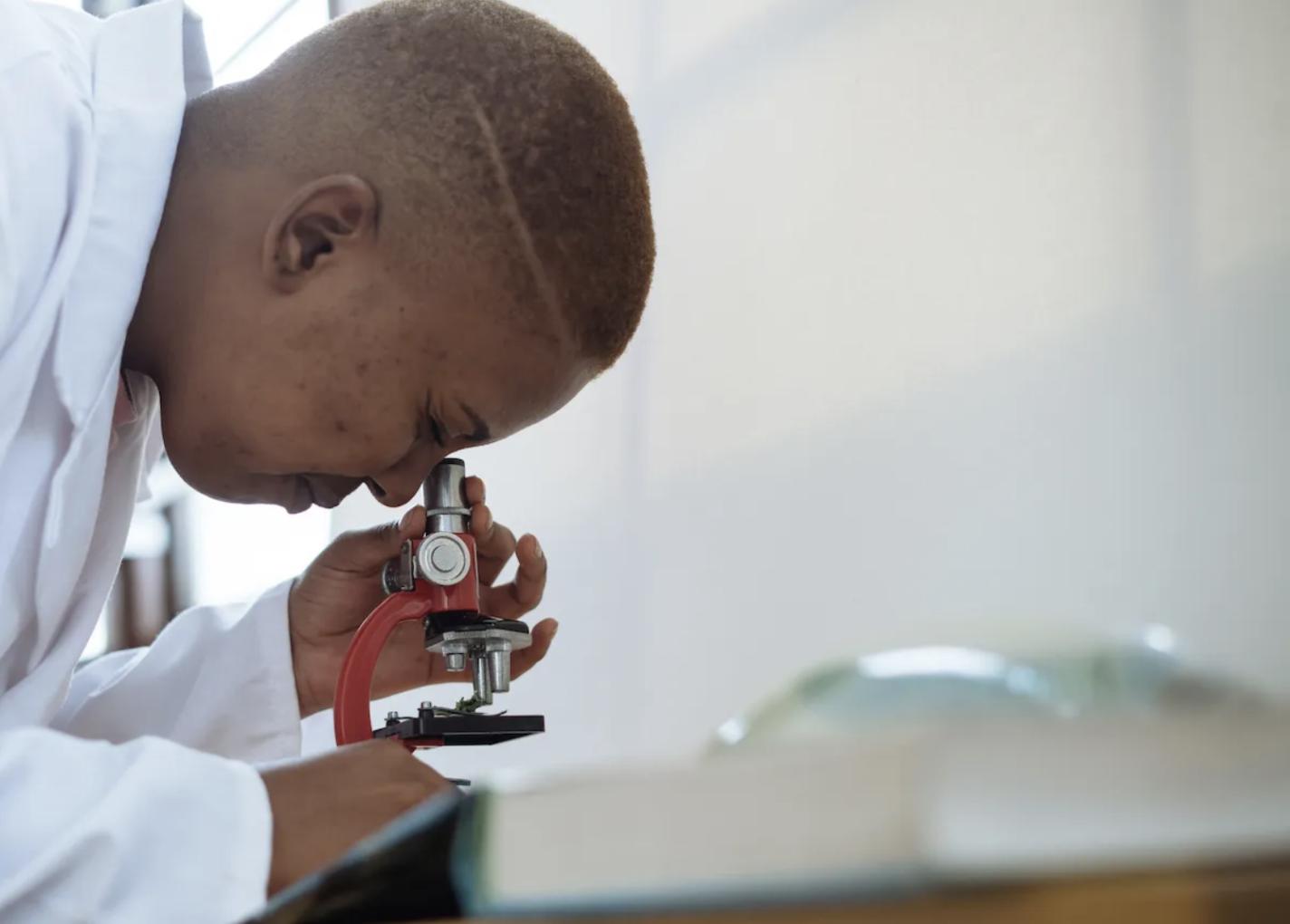by
Only 6.2% of medical school graduates were Black in 2019, according to data from the Association of American Medical Colleges (AAMC).
While diversity among medical school applicants has increased in the last 40 years, growth for Black American applicants, matriculants, and graduates lag behind other groups.
Numerous studies have shown that representation in the medical industry matters and impacts patient outcomes, particularly Black ones.
For example, Black doctors are more likely to catch and treat chronic conditions in Black patients than their white counterparts. However, making up only 5% of U.S. physicians, Black doctors can often be scarce for patients.
In Haverford College’s “Why the U.S. Needs More Black Physicians,” the piece says that Black physicians can bring special diagnostic skills to the exam room beyond cultural competence.
An excerpt: “Last year, emergency physician Kimberly Collins ’89 was working with a white colleague who had diagnosed a Black patient with dermatitis—but Collins identified the rash as a condition called pityriasis rosea. “The other provider said, ‘Oh, I thought those lesions were supposed to be salmon colored,’” Collins remembers. “Well, on Black skin, of course, they are not going to be salmon colored. But most dermatology books show rashes of white people, so that is what providers learn.”
To combat the racial disparities in the U.S. medical system, one organization is looking to empower students to be the next generation of Black physicians.
The nonprofit Black Directors Health Equity Agenda (BDHEA) and the Propel Center, in partnership with INROADS, have launched an HBCU internship program that aims to give 100 Black students hands-on experience in a range of professions in health care.
One of the group’s executive sponsors and board member, Michele Richardson, said, “Black students are an incredible source of talent who can help bring quality care to under-resourced urban and rural areas, improving access to services and patient outcomes.”
In a one-on-one interview, Richardson talked about BDHEA’s goal to place 100 Black students (undergraduate, graduate and medical students) in clinical and non-clinical internships within some of the most respected healthcare systems across the country.
Washington Informer: Tell me about this initiative to get Black medical students innovative internships and how it got started?
Michele Richardson: One of the key topics in the boardroom today is talent. And how do we make sure we continue to diversify the talent pipeline because we know that’s going to impact health disparities. When Black Americans are taken care of by Black doctors, their health is better. They get their questions answered in a different way. It’s (disparities) not only a problem with physicians, it’s all across health administration. There are very few Blacks in the C-Suite. So, our internships are broader than clinical. It encompasses both clinical and non-clinical.
WI: Internships are standard for most college students, so why is this specific initiative necessary?
MR: A very small number of African American students actually receive paid internships. And that number has been diminishing over time and has been impacted by the pandemic. So why this initiative? One, because people tend to hire those folks from networks they are most familiar with. Two: So often, our students are not aware of the opportunities in the traditional networks that large organizations hire from. So this is an opportunity to really open the eyes on both sides.
WI: What do you think is different or unique about this approach in terms of bridging the gap for equity?
MR: I think this is different because of the unique partnership. It’s an organization that’s meeting the needs of an industry. We hope to partner with other healthcare organizations to understand what the areas of highest need are. To identify students at an early stage who would be appropriate for those needs. We also have an opportunity to mentor these students. Not only that they have an opportunity, but they convert to full-time positions.
WI: When will the program begin?
MR: We’re in the planning phase now and in the process of securing internships. We have a number of students who are really interested. We’ll begin phase one this summer with a small pilot and then really robustly in the fall.
WI: Any institutions you can name that you’ll be working with?
MR: Xavier is one of the schools. Spelman College, Morehouse College, Howard University. We will be working with all those schools definitely.
WI: With this work, have there been any challenges as far as organizing something of this magnitude, working with hospitals, universities and students?
MR: Absolutely. It’s a coordination effort. It’s getting all the players in the room at the same time. We are all committed to the same work. It’s that bringing together. It’s really been more exciting than challenging. When we get together, we realize we’re finishing each other’s sentences. There is a commitment across the industry to do this work.
WI: What do you think the long-term impact will be for a program like this?
MR: Long-term, we hope that we improve healthcare and reduce health disparities for African Americans by giving them an opportunity to see themselves in the healthcare they receive.
Link to article on Washington Informer
This interview has been edited for length and clarity.

